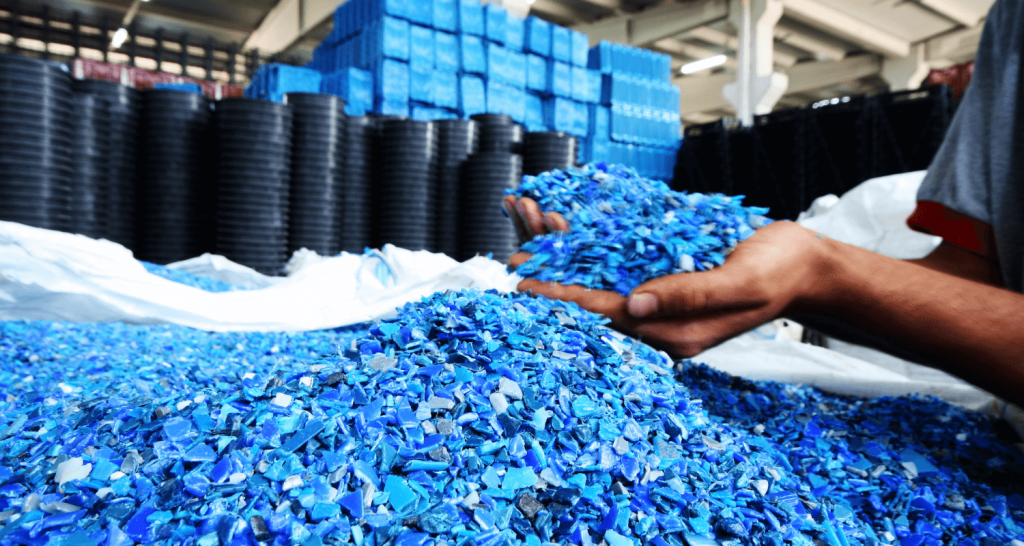With growing concerns about plastic waste and its environmental impact, the plastics industry is increasingly focused on recycling innovations. Cutting-edge recycling methods, such as chemical recycling and advanced mechanical recycling, are transforming the way plastic waste is managed.
Chemical recycling breaks down plastics into their original monomers, allowing them to be reused to create new products, effectively closing the recycling loop. Meanwhile, mechanical recycling processes have become more sophisticated, improving the quality of recycled plastics for a wide range of applications. These advancements support a circular economy, helping industries reduce plastic waste and rely less on virgin materials, which is crucial for environmental sustainability.

Chemical Recycling: A Circular Approach
Chemical recycling breaks down plastics at a molecular level, offering high-quality materials for reuse. This method can handle mixed plastics, providing a versatile solution for challenging waste streams.
Enhanced Mechanical Recycling Techniques
Modern mechanical recycling is more efficient, producing purer, high-quality plastic outputs. This is especially valuable for industries that demand high-grade plastics, such as automotive and consumer goods.
